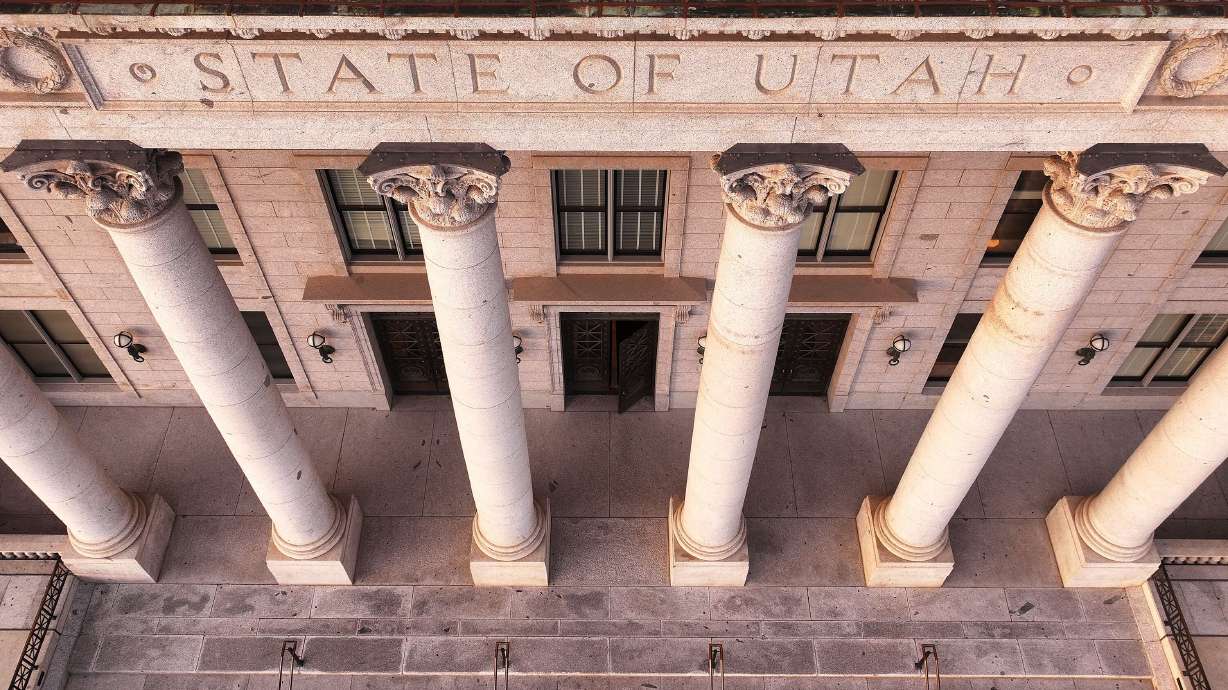Estimated read time: 2-3 minutes
- Gov. Spencer Cox plans to sign bills altering Utah's records access law.
- SB277 replaces the State Records Committee with an appointed law judge.
- HB69 increases costs for appealing denied records, removing fee recovery options.
SALT LAKE CITY — Gov. Spencer Cox said Thursday he plans to sign several bills that will bring big changes to Utah's government records access law.
At the top of the list is legislation that will do away with the State Records Committee, the longstanding seven-member volunteer panel that resolves disputes over whether a record is public or private under the Government Records Access and Management Act, or GRAMA.
SB277 will replace the committee with an administrative law judge appointed by the governor to a four-year term.
Sen. Mike McKell, R-Spanish Fork, who sponsored the bill, said during the legislative session that the current records committee process is flawed. He said the panel's decisions are inconsistent because its members are not trained in the law. He also said state and legislative audits found few cases in recent years were resolved within the 73 days the law requires, and last year the average time was 156 days.
Cox said at his monthly PBS Utah news conference that the change is best for Utahns and state government.
"Look, we have about a four- to six-month backlog often when it comes to these issues going before the board. What we're doing is we're putting in an administrative law judge, somebody who understands the law and who can rule very quickly on these issues that's going to help all of you not have to wait for these decisions to get those decisions out more quickly," the governor said.
"So we're always trying to make sure we have the right balance in government, and I think these bills do."
The records committee has been part of GRAMA since the legislature passed it in 1991. Courts have upheld the committee's rulings 98% of the time, according to the Utah Media Coalition, a consortium of news outlets that seek to keep government records open.
The coalition initially opposed the bill but took a neutral position after lawmakers removed a provision that would have essentially gutted the open records law.
SB277 was among several bills aimed at GRAMA.
Access more expensive
Another bill, HB69, will make the process for appealing the denial of a government record more costly. It prevents someone who successfully gets access to records on appeal from recovering court costs unless the government showed bad faith. That means they could incur an expense opposing the government even if it's decided they should have been given the records in the first place.
"The possibility that government would have to pay attorney fees for wrongfully denying a citizen access to public records was a powerful incentive for agencies to comply with the law. HB69 took that away. Now government can deny requests and citizens will have no recourse because going to court is too expensive," said Jeff Hunt, an attorney who represents the media coalition.









